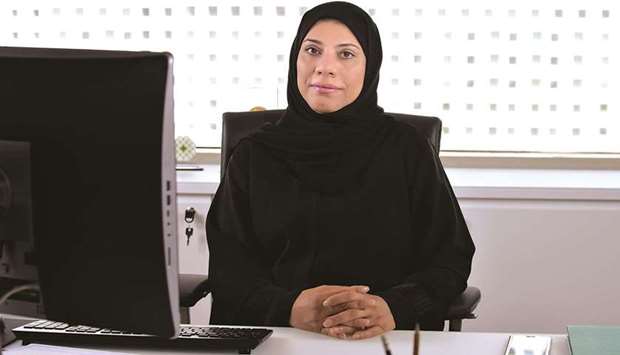Marriage is the foundation of strong societies. It is essential in promoting psychological and financial stability, the health and well-being of adults and communities, and in sustaining future generations. Substantial scientific literature has confirmed that married people experience better emotional and mental health, are financially more secure, report higher levels of happiness, and live longer than non-married people. Marriage is also the most effective institution to educate children on civic virtues, which permeates into civil society. Children raised in intact families live healthier and longer lives and become productive members of society.
Unfortunately, married life does not come without challenges. And while some problems can easily be resolved, others may put enough strain on relationships that could lead to family dissolution. And with newly married couples, adjusting to a shared life and assuming new roles and commitments can overwhelm one or both spouses, which, if not addressed, could lead to early divorce.
Divorce rates in many countries around the world are on an upward trajectory. Part of this reason is because spouses were not educated for a family life. Furthermore, the rates of marriage are declining, accompanied by an increasing age at which people are getting married.
Given the imminent risk of these trends to societal stability, Doha International Family Institute (Difi), a member of Qatar Foundation, explored ways public policy can help create support systems that help build stable marriages during its latest international conference, titled Marriage: Formation and Constituents of Stability, which was held virtually.
The conference tackled factors that can contribute to marriage breakdown or instability, ranging from interpersonal relationships, socio-economic conditions, and cultural grounds. The couple’s perception or misconception of marriage and marital roles can create conflict in relationships. Mental illness and behavioural disorders can also contribute to marriage instability.
Entering a lifelong commitment requires careful preparation, and the best time to prepare individuals for marriage is before they say their wedding vows. This can be addressed by premarital education programmes to prepare young men and women before they establish their families and start their married life; and the development of a marital education curriculum at schools and university levels to increase young people’s knowledge about marriage and entering a sustainable marriage institution.
Premarital education programmes can prepare couples for the demands and stresses of married life by teaching them the principles of marital relationships, skills such as open communication and conflict resolution, and financial management. Premarital education programmes can also break down misconceptions about marriage or marital roles and help individuals enter the union with the rational expectations.
With a proper perspective, a person will have a deeper level of respect for the institution of marriage, which can lead to keener efforts to nurture a sustainable relationship.
In this regard, Difi has mapped out the marital education programmes existing in Arab countries and has created the best practice model that is based on evidence to be a reference point. This report will be published on the Difi website.
Selecting a spouse is crucial to a healthy marriage. That is why spouse selection is included in some of the pre-marital education programmes. Marriage education can help young people recognise and understand healthy relationships. Integrating marriage education in school curriculums can help equip people with the tools to handle challenges effectively. And these skills are instrumental in creating healthy marriages.
The message I wanted to emphasise is that equipping spouses with the right skills is a cornerstone for strong marriages. This is what we are working for in Difi, as part of our institutional and moral commitments towards building healthy societies, based on cohesive and strong families. We believe it is important to invest in the early stages of the marriage life cycle, including the integration of marriage education in school curriculums and introducing evidence-based pre-marital education programmes.
* Dr Sharifa Noaman al-Emadi, Executive Director of Doha International Family Institute,
is a certified clinical psychologist by the Ministry of Public Health in Qatar. She currently functions as a licensed psychologist to treat behavioural disorders, specifically drug addictions. She has delivered several courses and workshops in this field in Qatar and abroad and has presented papers in several international conferences pertaining to several fields of study and research. Some were published in international magazines.
Besides her role as the Executive Director of Doha International Family Institute, she is also a board member in the Behavioural Healthcare Centre; a member of the National Committee for Women, Children, the Elderly and Persons with Disabilities; and a board member in the Social Sciences and Humanities Department at Qatar University.
Dr al-Emadi holds PhD and Master’s degrees in Psychology and Counselling from Manchester Metropolitan University and was awarded the PhD Degree holders Platinum Medal at the Education Excellence Day in Qatar for the year 2009.

Dr Sharifa Noaman al-Emadi
